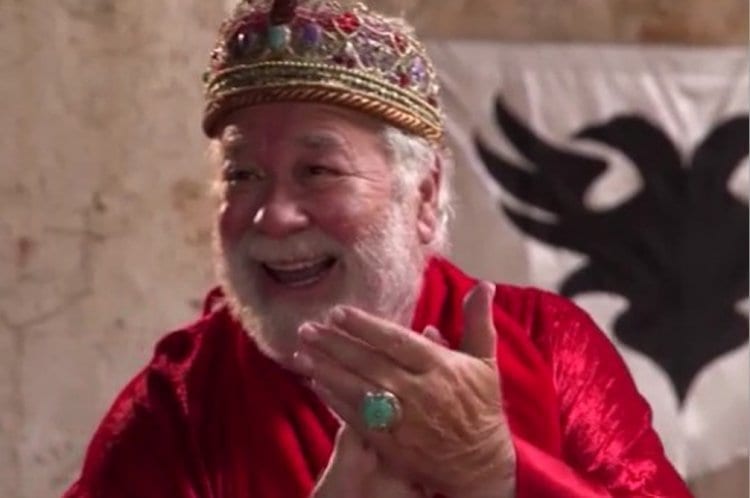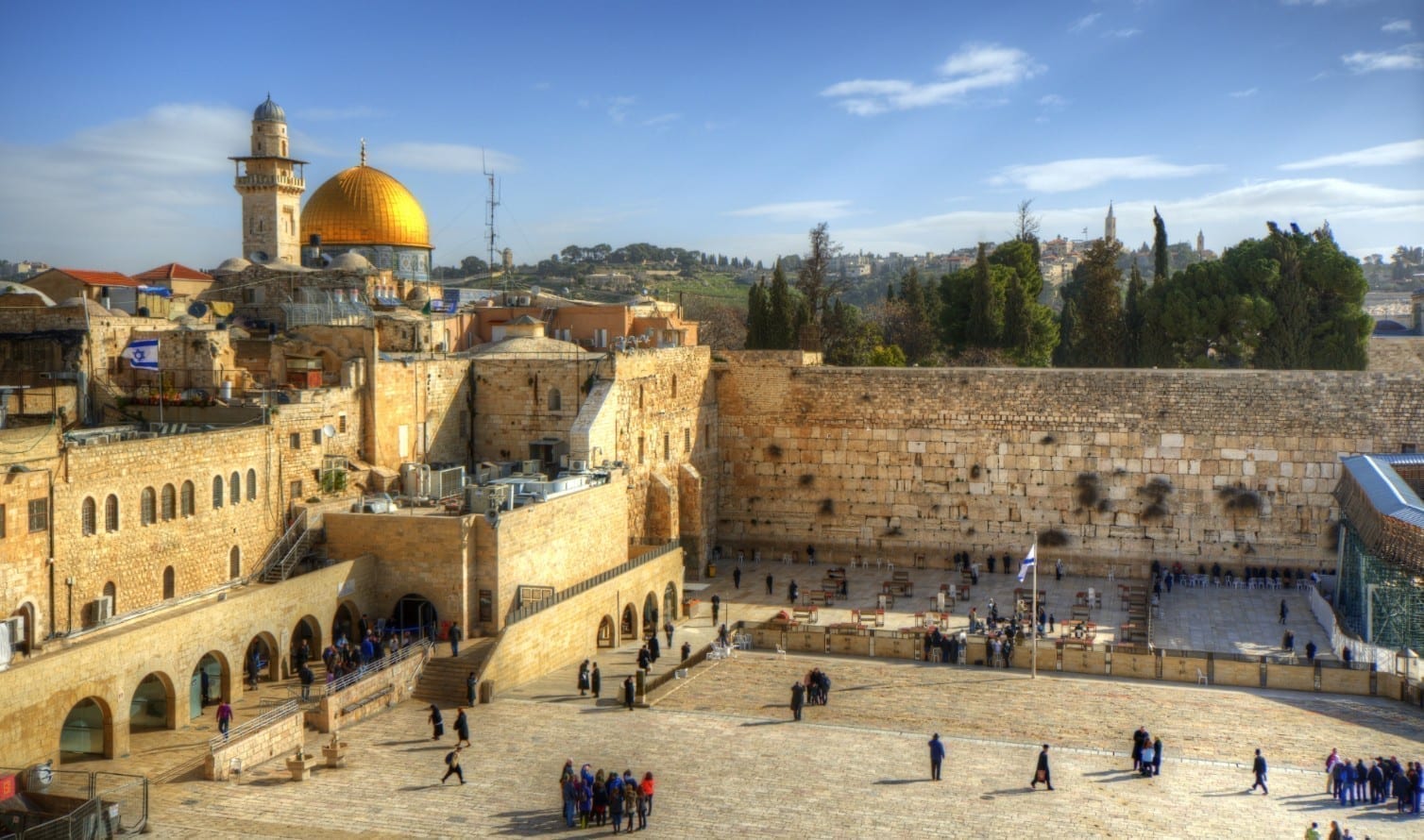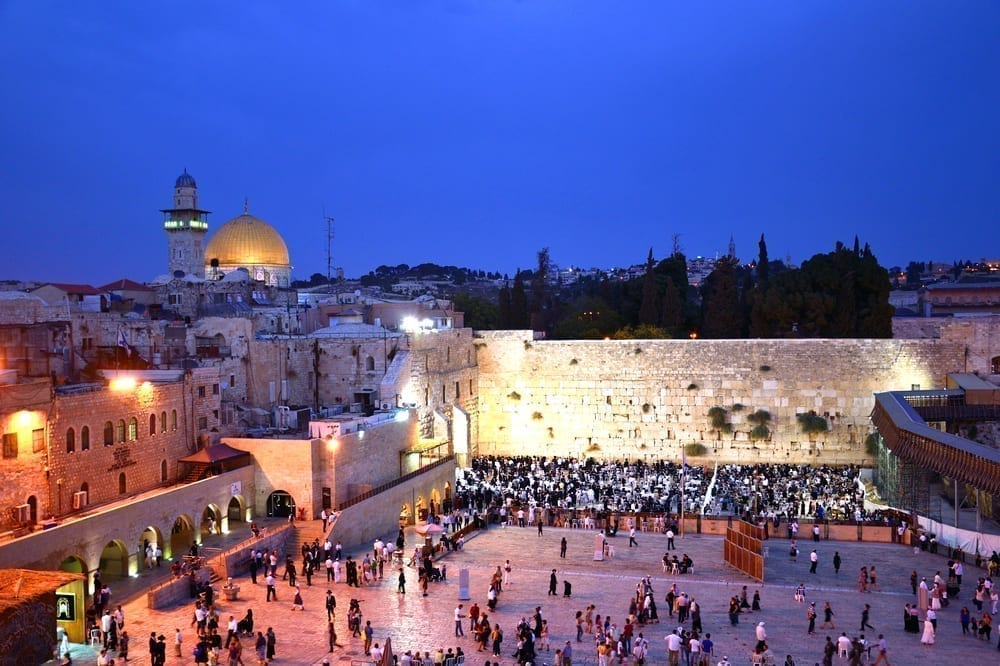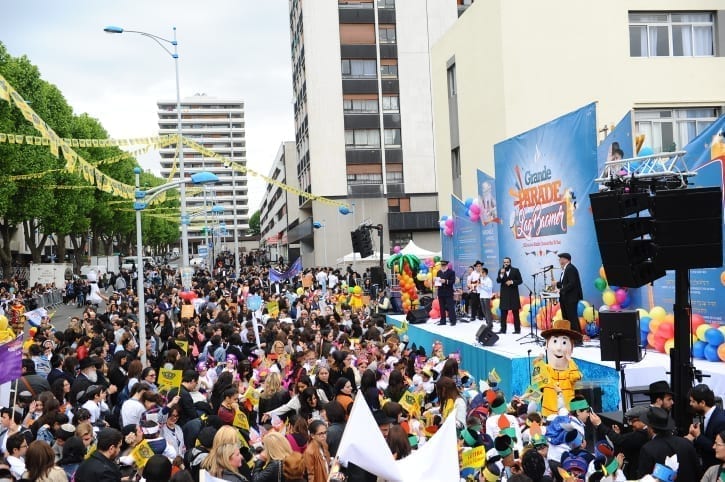Who lives longer, people in Israel or the diaspora, Haredim or the non-religious, men or women?
The discussion on longevity has gone on for many years and deals with many different areas and comparisons between high socio-economic status and low amongst other parameters. Many studies make such comparisons to figure out what factors contribute to longevity and how can we consciously act to increase longevity in various groups of people.
Professor Dov Tchernichovsky, a senior international economist was recently interviewed on this topic by the ‘BaKehilla’ newspaper. Professor Tchernichofsky’s field of expertise is the economic considerations and their impact on public health. He is a fellow at the National Institute of Economic Research in the U.S. and is a consultant to the World Bank. He also heads the Taub Center for Public Policy Research. In this last capacity, he made studies researching the health and quality of life of various groups in Israel including the Haredi public.
More money = longer life?
Professor Tchernichovsky explained that in most groups around the world there is a direct correlation between wealth and longevity. The wealthier the healthier, and the opposite is true; the poorer the less healthy. This is because a poor person will eat less nutritious foods, do less exercise and have lower quality health services. This is the sad fact. The poorer a person is the poorer is his health and the shorter his life.
Results from his research show that Israel’s population is of the populations with the greatest longevity in the world. Men have a life expectancy of 80.3 years and women 84.1 years on the average. These numbers place Israel 6th in the world alongside other developed nations like Switzerland, Canada and Japan.

However, when researching the various populations of Israel there were surprises. “I assumed that the Haredi population would have similar statistics to the world population” professor Tchernichovsky told BaKehilla. “The income in the Haredi world is quite low and this population is of low socio-economic status. In comparing to other populations of the same socio-economic level you would expect they would suffer from poor health. But we found something very surprising.”
“We discovered quite the opposite! The Haredi population, without relation to any specific city in Israel, has a much higher life expectancy than the Israel national average! A Haredi man’s life expectancy is 83. This is almost 3 years more than the national average. Haredi women’s life expectancy is also 1.5 years higher at 85.6.
Do you want to have a long life? Get up in the morning to pray!
This discovery surprised Professor Tchernichovsky. The long life expectancy of the Haredi population and the smaller gap between Haredi women and men’s life expectancy were both findings different than expected. It should be noted that Professor Tchernichofsky’s research took 2 years and was very encompassing. Part of the research included asking questions to the people like “how do you feel about your health”. Findings here also were surprising as Haredim had the highest general satisfaction with their health. But this feeling of good health was backed up by empirical evidence including medical records demonstrating statistically that Haredim are healthier than the general public.
Why is this so? “I am a believer” says Professor Tchernichovsky. “And as a believer, I find that religious faith has strength that gives a person better health.”
We know that both prayers and faith have the power to change someone’s situation. But Professor Tchernichovsky adds another element into the equation. “It is a fact well known all over the world that where there is faith a person has more strength to cope with adversity. Oppression is something that shortens life. Pressing stressful situations shorten life. I am not a psychologist, I am an economist but it’s evident from what we see that adversity shortens life. However, faith allows people to be spared the damage of these pressurized situations and thereby insure a longer healthier life.”
“In the past”, the professor continues, we did a study in the kibbutzim and we found that mortality from all types of ailments was lower in the religious kibbutzim than in the non-religious ones. All other parameters were compared one against the other and were equal with the sole exception being the different lifestyle of religious people and their mitzvah observance as opposed to the non-religious population. They discovered that the religious “kibbutzniks” lived longer than their non-religious counterparts. So it is not surprising that religious faith contributes to longevity.

Not only faith contributes to the wellbeing of Haredim. Faith alone does not account for the smaller gap in life expectancy between Haredi men and Haredi women as opposed to the greater gap in the general public. Community life is the factor that weighs in on a person’s life expectancy. “Loneliness shortens life and friendship reduces pressure” explains the professor. “The fact a person has someone to seek advice from reduces life’s pressures. Social capital is made up of the trust a person has in his community, community support, many social contacts, happy family relationships and a high level of volunteering to society.”
This factor can explain the smaller gap between Haredi men’s and women’s life expectancy. Haredi men have a very socially active day. Even the simple act of getting up for morning prayers with a minyan, (a quorum of 10) gives a person everything he needs to increase his life expectancy: praying, strengthening his faith, and meeting friends in the community. So according to the professor’s findings, the secret to a long life is simply to get up for morning prayers!




